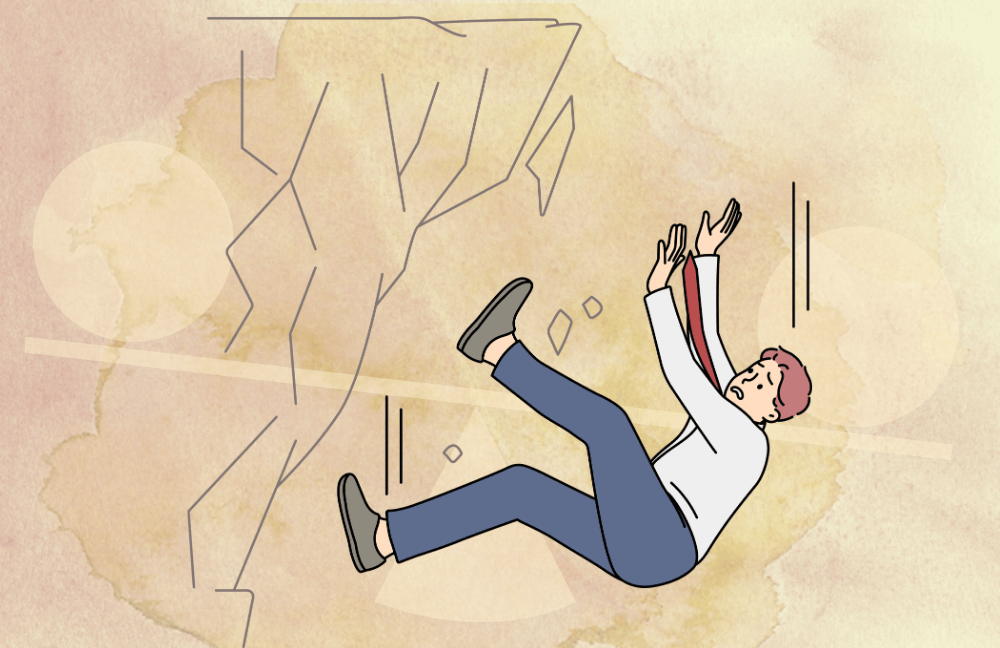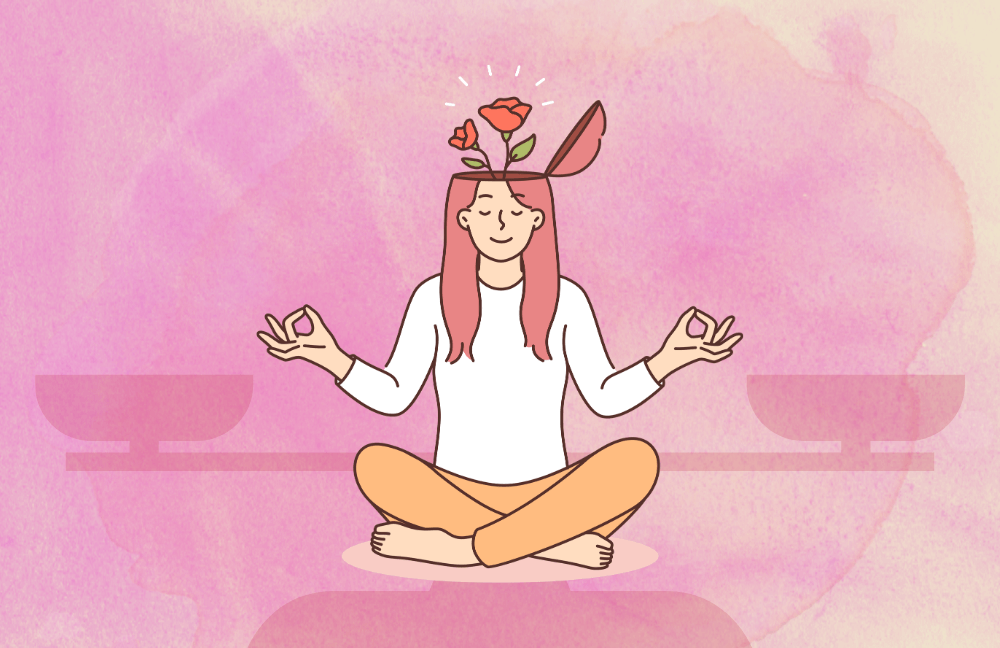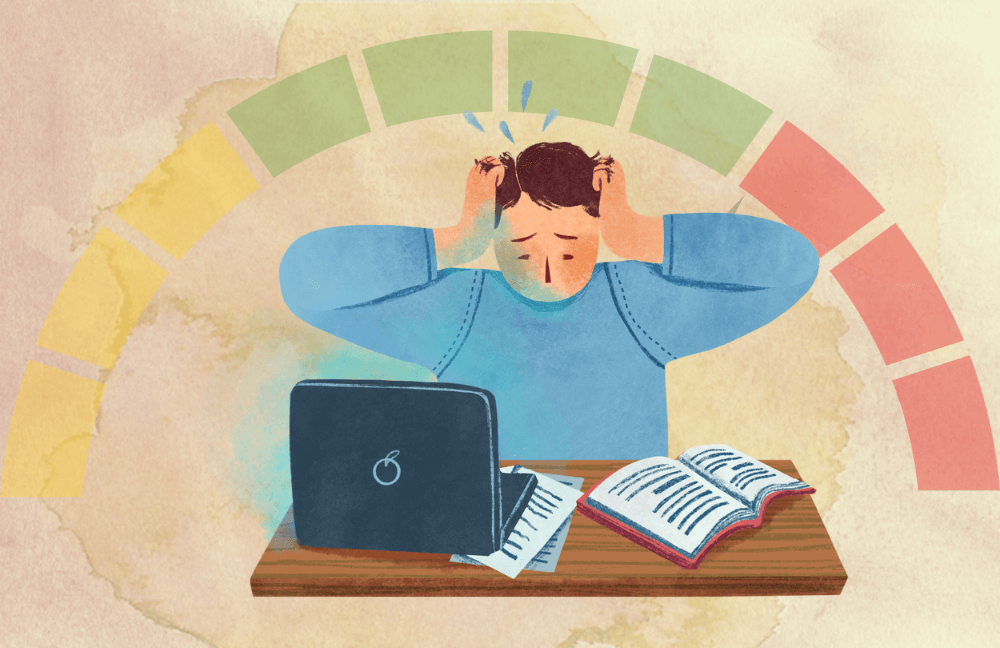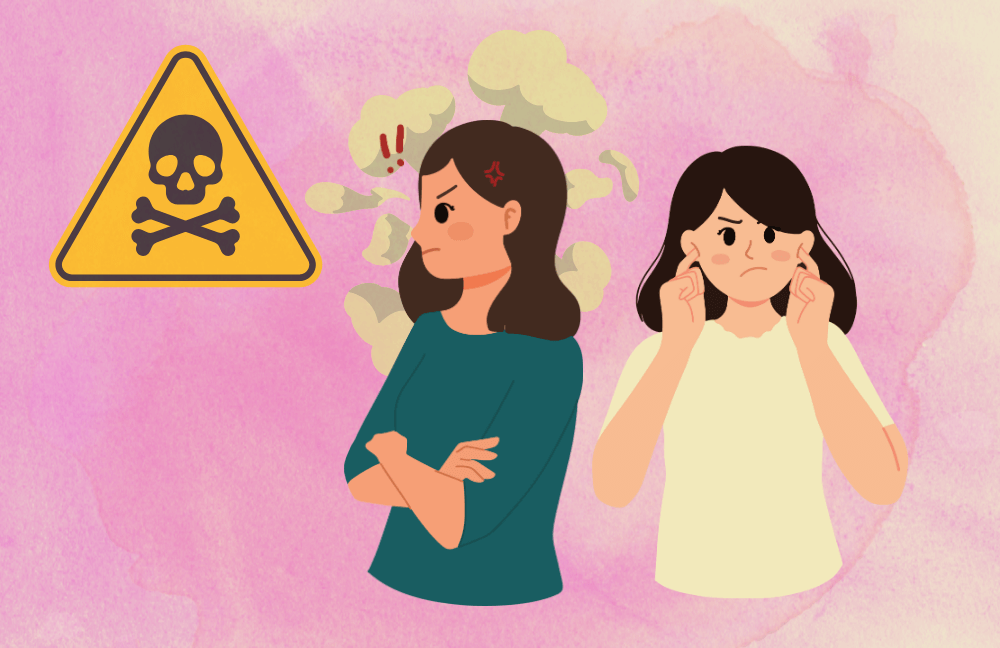
- Home
- About
- Book a Session
- Get Help
Personality
Relationships
Adult
Child
Schools
Corporates
- Do I need help?
- Trending
“Food ought to fill an empty stomach. Not an empty heart. No amount or variety of food can fill the hollowness of dejection and rejection.”
- Shefali Batra
This is the most tell-tale indication and should signal you to become more aware of your food blackout as if you’re not conscious anymore of your food intake. We don’t eat just to live; we eat because we enjoy food. But eating without hunger, or at a time when you should be feeling full, is a sign of emotions fueling your appetite. You might also observe that no matter how much you eat, you don’t seem to feel full. It often happens when we’re under stress. Food is unrelated to hunger anymore. And has everything to do with how you feel.

If an emotional food binge resolved the primary emotional problem, it would be great. Food would be a substitute for an antidepressant. And later we could just exercise a bit and shed off the extra weight. But unfortunately, none of that ever happens. You need to deal with the primary problem. The food is just a pawn in the equation.
You’re the player in the game, and you’re losing. The trigger stays unknown, the stress remains unaddressed, you get upset about being overweight, and the emotional dependency on food becomes disruptive. It leads to time lost with preoccupation, losing out on work and social relationships and the whole gamut of self-destruction – physically, emotionally and socially. Your body will stay strong and resilient only as long as you care for it and nourish it right. Take the right steps to quit emotional eating now.
Stress is just another emotion that needs mature, and responsible handling. Food is not its solution. By adding it to the already distressed equation, you are further enhancing the problem.
- Shefali Batra





WhatsApp us